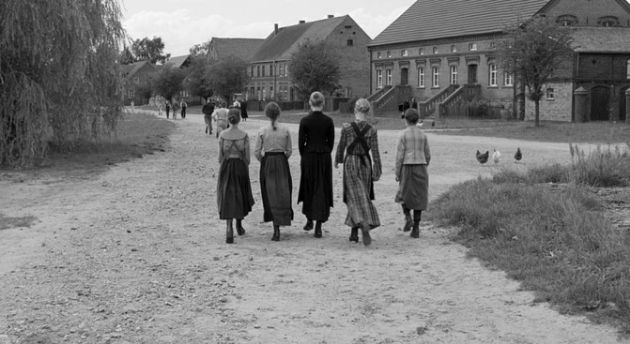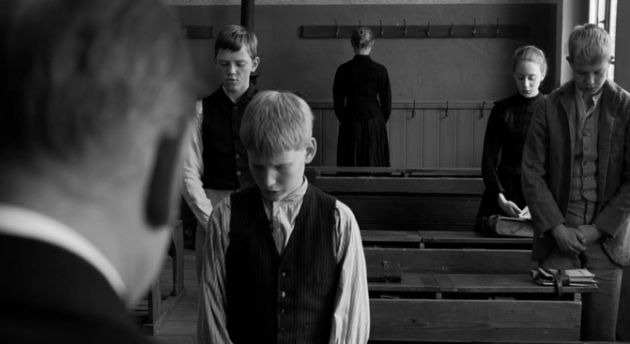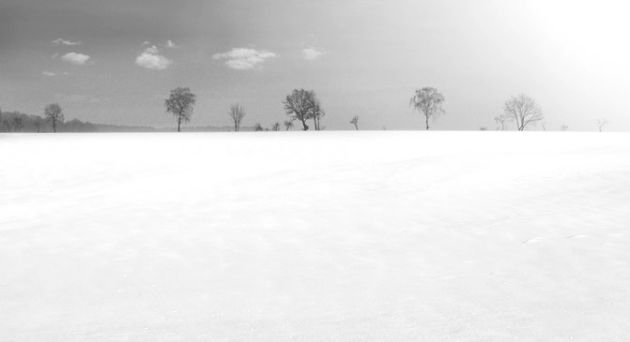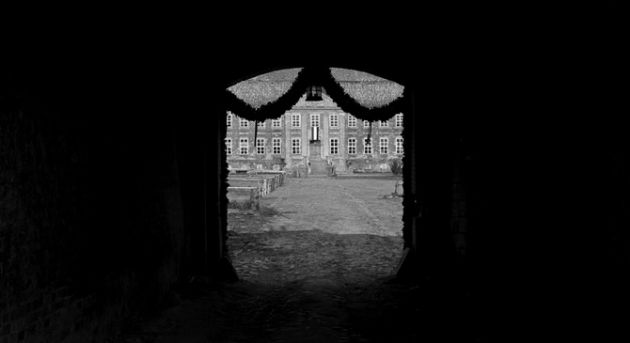



Masterful. I know I'm quite late in the game with this one. Haneke's examination of how the entire generation of people can be capable of atrocity or turn the blind eye to it is as complex as the history it is contextualizing. Think of it as Children of the Damned without being ironical or allegorical. It's deeper than that. There are definitely the economical disparity and religious hypocrisy at play in The White Ribbon. But what's most striking in the film is the attitude of grown ups not accepting the possibility of 'innocence' not existing. It is chilling because Haneke's view can be applied to any time period. But he suggests in the scene where the youngest son of the pastor presents the distraught man of God with his prized sparrow, that kids are not inherently evil. But do we start persecuting children when they reach 11? Where do we draw the line? Haneke doesn't give us easy answers and there are a lot to mull over. Perhaps the subtlest of all his films, White Ribbon is a lean, unblinking filmmaking at its best.
No comments:
Post a Comment